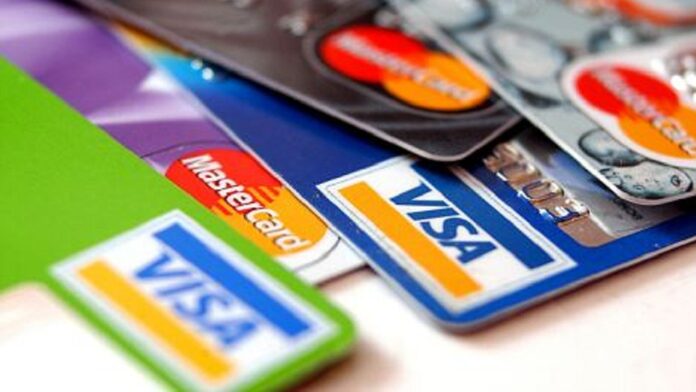The Central Bank of Sri Lanka (CBSL) has issued a stern warning to merchants across the country, reiterating that imposing surcharges on debit and credit card payments is illegal. The move comes amid a significant increase in consumer complaints regarding hidden fees levied by some retailers for electronic transactions.
In its latest public announcement, the CBSL stated that merchants are strictly prohibited from charging customers any additional fee—commonly ranging from 2.5% to 3%—when paying with cards. “If a merchant demands more than the listed price, customers should insist on a receipt and report the incident to their card-issuing bank,” a CBSL official emphasized during a post-Monetary Policy Review media briefing.
The clarification follows growing concerns over unfair trade practices as the country shifts rapidly toward digital payments. Many consumers have reported that retailers, especially in sectors like hospitality, health services, and vehicle maintenance, are adding unofficial charges for card payments—undermining the very goals of the digital economy initiative.
Sri Lanka currently witnesses approximately 1.6 million digital payment transactions daily, with about 800,000 transactions conducted through debit and credit cards. Another 600,000 payments are processed online, reflecting a steady rise in the adoption of digital payment systems. The CBSL noted that this growth is a positive indicator of the country’s progress toward a cashless society.
However, the imposition of unauthorized fees threatens this progress. The CBSL, along with the Ministry of Finance, has been working to increase public confidence in digital transactions by ensuring cost transparency and preventing the misuse of electronic payment platforms.
The central bank’s reminder also aligns with its broader efforts to promote financial inclusion and reduce the informal economy. Electronic transactions, when executed without hidden costs, enhance transparency, reduce the risk of cash-related fraud, and bring more small businesses into the formal banking system.
Industry analysts note that while some merchants claim card processing fees cut into their profit margins, these costs are already factored into the pricing structures agreed upon with payment service providers. Therefore, passing these costs onto consumers not only violates CBSL regulations but also risks sanctions, including withdrawal of payment terminal access.
To bolster consumer protection, the CBSL urges the public to remain vigilant and report such violations. Plans are underway to collaborate with banks to streamline complaint mechanisms and impose penalties on non-compliant merchants.
As Sri Lanka embraces its digital future, ensuring fairness and accountability in card-based transactions remains central to building a trustworthy financial ecosystem.
